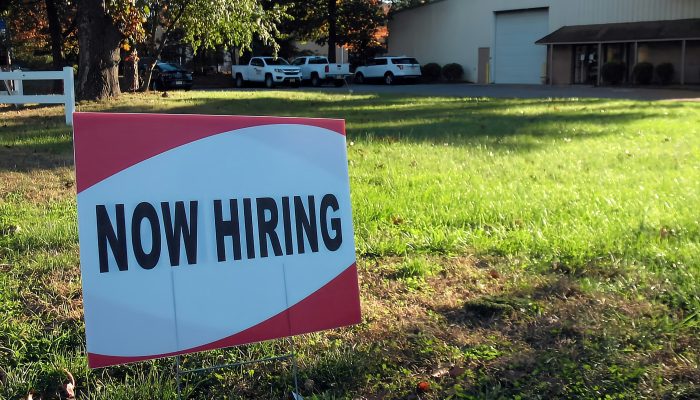Iowa is facing a critical workforce shortage. With just 67 workers available for every 100 open jobs in our state, and a third of Iowan businesses reporting vacancies, lawmakers must act quickly to implement smart policy solutions.
To develop Iowa’s workforce, help our businesses thrive, and ensure a prosperous future, we need to remove barriers to work and find creative ways to incentivize employment. Bipartisan legislation that nearly unanimously passed the Iowa House of Representatives last year would do just that. The bill, House File 349, would incentivize Iowans on probation to find and keep jobs by reducing their probation terms for every six months of verifiable employment or for the completion of various education and vocational training programs.
There are currently 28,000 Iowans on probation. Unfortunately, people on probation face a staggering unemployment rate, estimated to be about seven times the current national unemployment rate. If we can boost employment within this key population, we can begin to chip away at the workforce shortage.
Incentivizing education, vocational training, and employment would help put more Iowans in the workforce, giving employers a broader pool of talented job seekers to choose from. A full 85% of human resources professionals report that employees who have had contact with the justice system perform the same or better than those who have not. These employees also experience far less turnover than their counterparts, saving companies valuable time and money in the long run.
In 2018, when I was speaker of the House, Gov. Kim Reynolds’ Future Ready Iowa Act passed the Legislature with unanimous support, establishing tax credits to incentivize businesses to engage in hiring people who have come in contact with the justice system.
Indeed, House File 349 builds upon those same goals and would strengthen the workforce by incentivizing training and education among underserved and marginalized communities.
If enacted, this legislation would do more than bolster the workforce — it would transform communities. The vast majority of people on probation are living in poverty. Employment and education incentives can help them gain independence and financial security, which would have wide-reaching ripple effects for their families and communities. And taxpayers would benefit if fewer people on probation were reliant on public assistance.
It would also improve public safety. Data shows that steady employment is one of the most effective tools for preventing recidivism. The Iowa Department of Corrections has done a stellar job reducing recidivism for three years in a row. By incentivizing employment, House File 349 could help reduce recidivism even more.
You can read the full article at the Des Moines Register.

